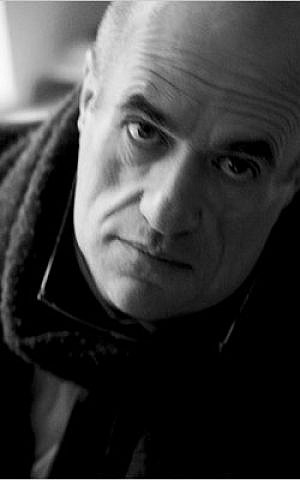

Tóibín's Mary is very different from the Mary we're accustomed to. John before her son gives up his spirit - and for not more fully participating in his grief, because "despite the pain I felt, a pain that has never lifted, and will go with me into the grave, despite all of this, the pain was his and not mine." Throughout the narrative, she reproves herself for abandoning her son before his death - having been warned that she will be rounded up next, she slips away with St. We might think that this is all we can do in the face of such suffering - hold each other and acknowledge the existence of a pain that we can never fully understand.

Mary, however, is busy mourning, and she refuses to satisfy the men's "earnest need for foolish anecdotes or sharp, simple patterns in the story of what happened to us all." She tells us that "memory fills my body as much as blood and bones," and it is these memories - of blood and bone and violence - that she will share with us. Paul, visit her, asking for details of Jesus' life: They are busy writing the Gospel, building a religion. It was not worth it."Īs the novella opens, Jesus is dead and Mary is living in hiding in Ephesus. As she says, "When you say that he redeemed the world, I will say that it was not worth it. This is how Mary, mother of Jesus, remembers her son's death in Colm Tóibín's new novella, "The Testament of Mary." For Mary, the crucifixion was not, as Jesus' followers tell her, "necessary," nor was it done, as they claim, so that humankind "would be saved." In Mary's telling, her son's death is a classical tragedy it may arouse pity and fear, but it will not bring about redemption. I have been unhinged by what I saw in daylight and no darkness will assuage that, or lessen what it did to me." "I have been made wild by what I saw and nothing has ever changed that.


 0 kommentar(er)
0 kommentar(er)
